
Jordanian Minister of Foreign Affairs Ayman Al Safadi (R) and Arab League Secretary General Ahmad Abu Al-Ghait (L) hold a joint press conference after the Arab Foreign Ministers Committee meeting to discuss US decision on Jerusalem at Foreign Ministry building in Amman, Jordan on January 06, 2018. ( Shadi Nsoor – Anadolu Agency )
Amman, MINA – Foreign ministers from six Arab states on Saturday proposed finding an alternative mediator in the Mideast peace process following the U.S. decision to recognize Jerusalem as Israel’s capital.
Meeting in Amman, Jordan on Saturday, the foreign ministers of Egypt, Jordan, Saudi Arabia, the United Arab Emirates, Palestine and Morocco recommended that Arab states look for an alternative peace-broker rather than the U.S., Anadolu Agency reported, citing Arab League General Secretary Ahmed Aboul Gheit in a press conference alongside Jordan’s Foreign Minister Ayman Safadi.
The top diplomats agreed on the need to intensify efforts for a political solution to end the Palestinian-Israeli dispute by discussing ways to counter the U.S. move.
Safadi said that the U.S. move was discussed during the meeting, which was a consultation and coordination gathering.
Also Read: Syria, Jordan Condemn Netanyahu’s Visit to Occupied Syrian Buffer Zone
“For the Arab and Islamic world, there is no issue bigger than Jerusalem,” he said.
He added that, acting in unison with the international community, they will not recognize the U.S. decision, and demand recognition of a Palestinian state with its capital Jerusalem.
He also said the six will meet again to discuss a proposed extraordinary Arab summit.
‘Arab countries must coordinate, make utmost efforts’
Also Read: UNIFIL Reports Over 7,300 Israeli Violations of Lebanese Airspace Since Ceasefire
Before their meeting the foreign ministers were received by Jordanian King Abdullah, according to a statement by the Jordanian Royal Court.
“Arab countries must coordinate and exert their utmost efforts to uphold their religious and historic responsibility in Jerusalem and to support our Palestinian brothers for an independent state with East Jerusalem as its capital,” Abdullah said in a statement.
“The Jerusalem issue must be resolved on the basis of a just and lasting peace between the Palestinians and the Israelis, and internationally recognized decisions based on a two-state solution,” the statement added.
Abdullah urged that Jerusalem’s status be determined by an international consensus, stressing that the protection of its holy sites is important both for Muslims and Christians.
Also Read: Russia Condemns UN Gaza Resolution, Says It Contradicts Palestinian Statehood
Last week, Jerusalem’s Knesset passed a bill making it necessary to obtain the approval of 80 out of 120 assembly members — rather than a simple majority — to change Jerusalem’s official status or municipal boundaries.
The move followed U.S. President Donald Trump’s decision last month to recognize Jerusalem as Israel’s capital, drawing international condemnation, including in a UN resolution spearheaded by Turkey.
Jerusalem remains at the heart of the Middle East conflict, with Palestinians hoping that East Jerusalem — occupied by Israel since 1967 — might eventually serve as the capital of an independent Palestinian state. (T/RS5/RS1)
Mi’raj Islamic News Agency (MINA)
Also Read: Israeli Airstrike on Palestinian Refugee Camp in Lebanon Kills 13





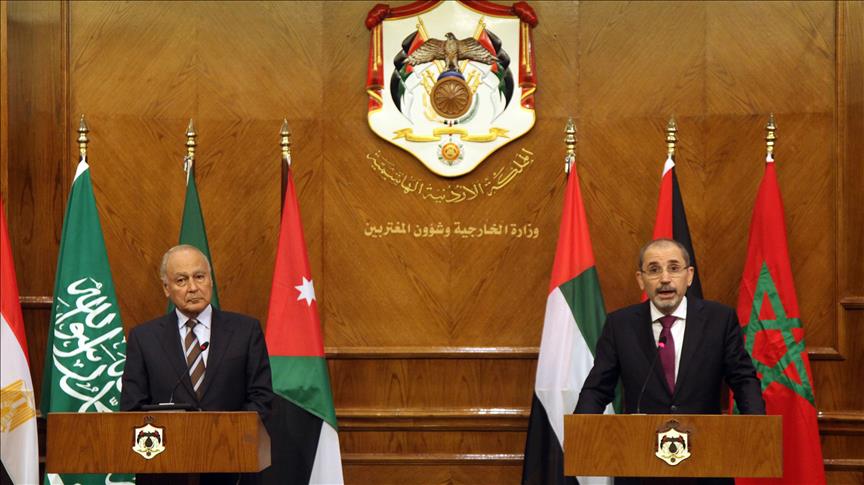









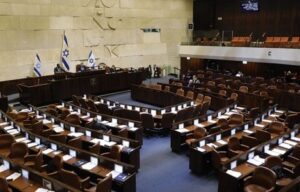

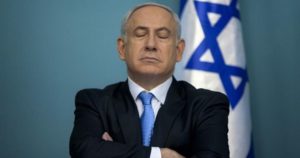
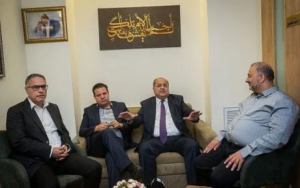
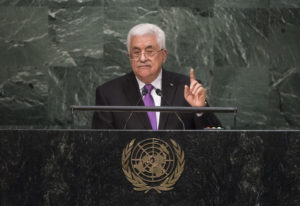














 Mina Indonesia
Mina Indonesia Mina Arabic
Mina Arabic